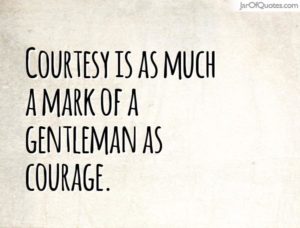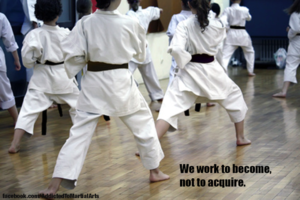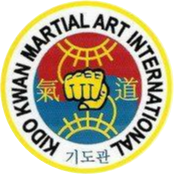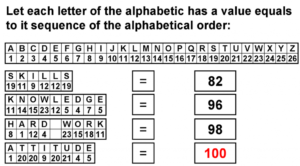While working with Supreme Grand Master Choi, Joon Pyo (Songmookwan 10th Dan), I have had the opportunity to hear a few of the stories about our lineage’s history. The reverence that people had for Supreme Grand Master Ro, Byung Jick (Songmookwan founder) can be seen throughout the stories. They regularly comment on his integrity and strength. He was the man that presided over the first testing of black belts for Taekwondo. He wasn’t the president of the organization but he was the one who decided if you attained the requirements for promotion! He set the tone for what a black belt in Taekwondo should be able to accomplish.
We regularly see the historical claims of Taekwondo’s beginnings. Often they include the “codes” of behavior and responsibility. These are not outdated concepts but may be seen more as part of the martial arts myth than working ideas. The history that presents them is not part of “our” history. They come from other older cultures and societies. Many words are not in common use today. I think that many more students today would feel their commitment to training if presented an updated version, so I present here a link to the Navy SEAL Code: A Warrior Creed, which is part of our society and culture. After you read it, try reading it again and replace “nation” with community or family. Does this change your thoughts about what is written?
Now that you’ve connected the concepts to your current training, it is easier to understand what the original versions stood for and meant. There were four precepts that Supreme Grand Master Ro taught. They are still the core of Song Moo Kwan training. I present them here with some current presentations.
1. YehShi YehJong – Begin with Courtesy, End with Courtesy

2. SolSeon SooBeom – Lead by Example

3. Budahn NoRyeok – Never ending Efforts

4. Hasa Bulseong – Nothing is Impossible
[avatar user=”Robert Frankovich” size=”original” align=”left” link=”file”]Please link and share plus join us at www.wtma-mn.com! Thank you![/avatar]
![]()



Average Rating